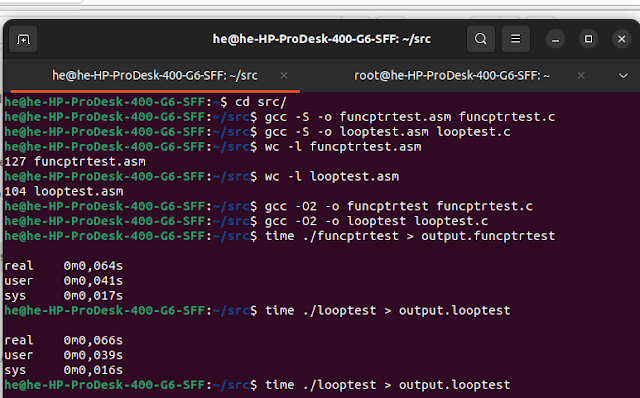There was a girl named "Snow White Spinderula", who awaked from a stunned, cryostatic, petrified, paralyzed state, because she ate the forbidden fruit of knowledge from the apple tree in the garden of paradise and a piece of apple got stuck in her throat.
Snow White Spinderula spits out the piece of apple, breathes and feels permeated again by the fresh and active spirit of life, recognizing that 7 dwarves standing around her.
Bit by bit she realizes now that many different things in the current world have disappeared or gone for ever and that this had nothing at all to do with the 7 dwarfs keeping an eye on her.
Disintegrated, disappeared, died ot transformed to void
Feminist internet blogs, groups and communities in social media
Small left parties, autonomous groups and comunity based projects

A lot of internet media blogs in right, conservative and liberal spectrum were gone
Also a lot of conservative, right wing and liberal blogs moved to virtual graveyard also known as /dev/null or Nirvana.
It's sad to see many blogs from reasonable moderate-citizen first disappeared and in result of that disappearance many rescrictions by law were made against "more radical" groups:
It's so sad to realize, that so many groups from the left or middle-class spectrum of society disappeared, shut down their internet presence and blogs and let themselves be pushed out and no longer dared to express their opinion freely in public space or on main stream channels of the internet.
A lot of things concerning software, system and kernel programming
Some very passionate discussions in the linux kernel newsgroup between Linus Torvalds and Alan Cox concerning sync before close, fbarrier as alternative to fsync with funny swipes to Alans work at Intel and drinking same kool-aid as other hardware cpu programmers.
Integration of NIS (Network Information Sytem originally called Yellow Pages) in latest apple OS.
Some projects on freshmeat.net sourceforge.net knowledge to use UDP for large - huge amount of data and the intention to develope a symmetric, asymmetric or certificate based standardized encryption for all services based on UDP.
Realization that everything (file transfer, authentication, authorization including claims and bearer tokens, web services instead of old style Sun RPC or modern gRPC, VPN, ...) over HTTPS might not be always the ideal solution and best practice and could be realized more service oriented otherwise.
Development of a more reliable driver and toolkit for mounting btrfs, ext2-4, xfs zfs file systems under Microsoft Windows 10-11.
or maybe not?Full capacity of steel processing industry at voestalpine
Full capacity of stell processing industry at voestalpine Linz
https://www.voestalpine.com/highperformancemetals/international/en/
A Gothic Madonna replaced by a fake (both the original and the fake)
Photo of faked gothic madonnaMany other things will be reported soonly
Many other things will be reported soonly.






















